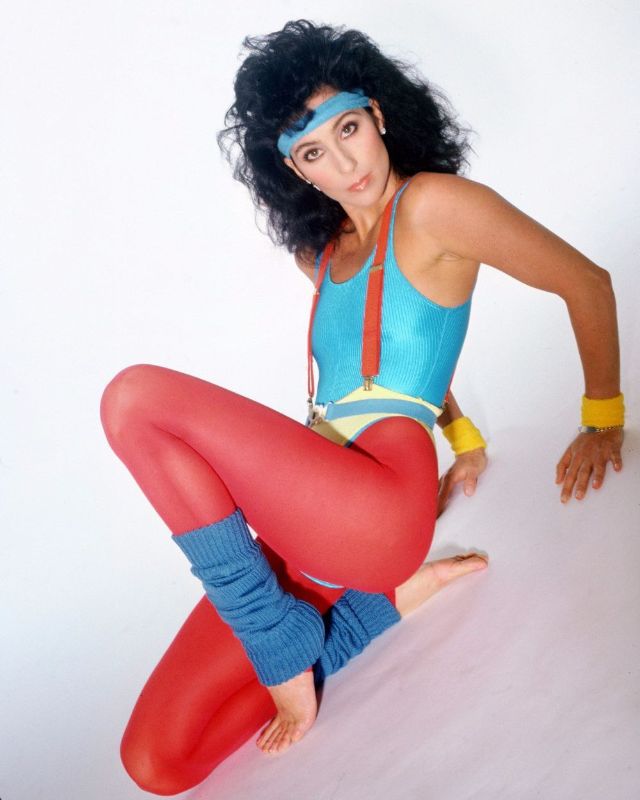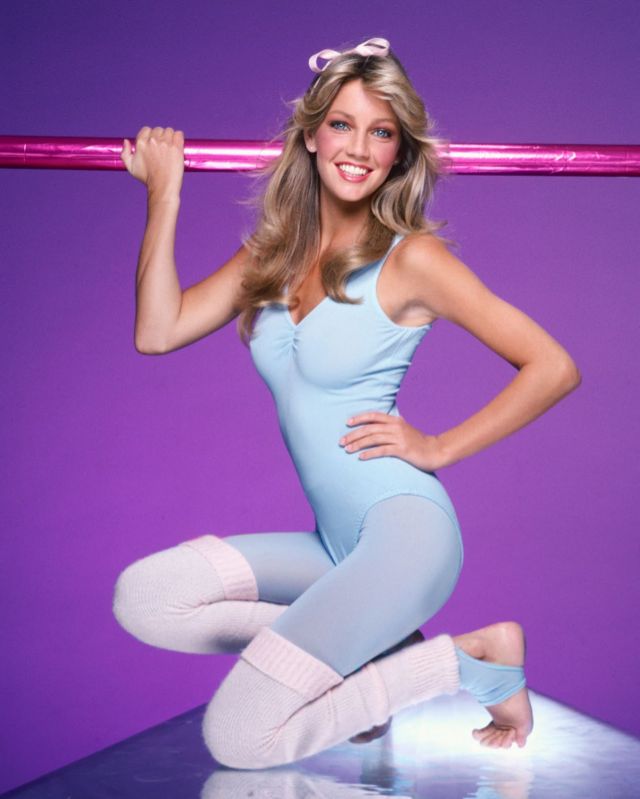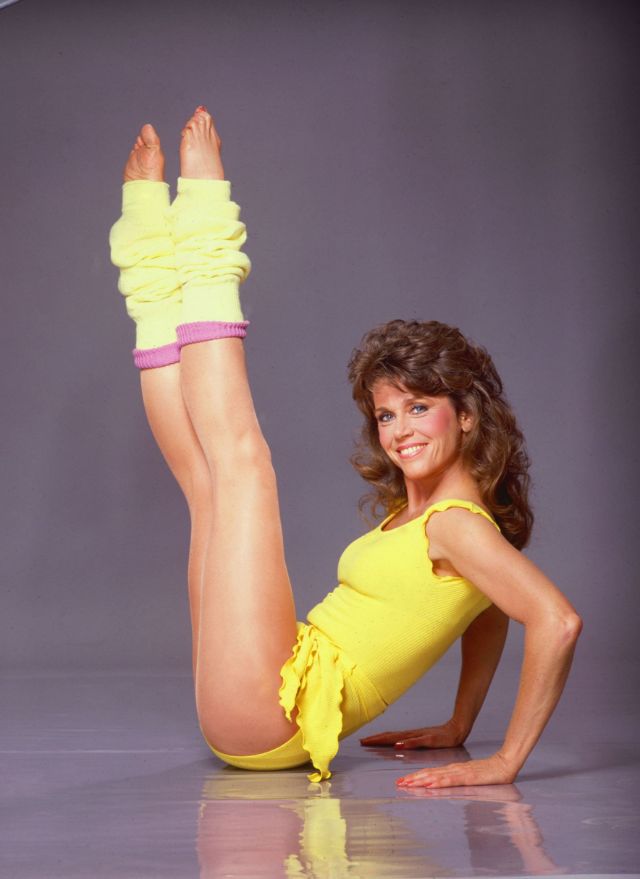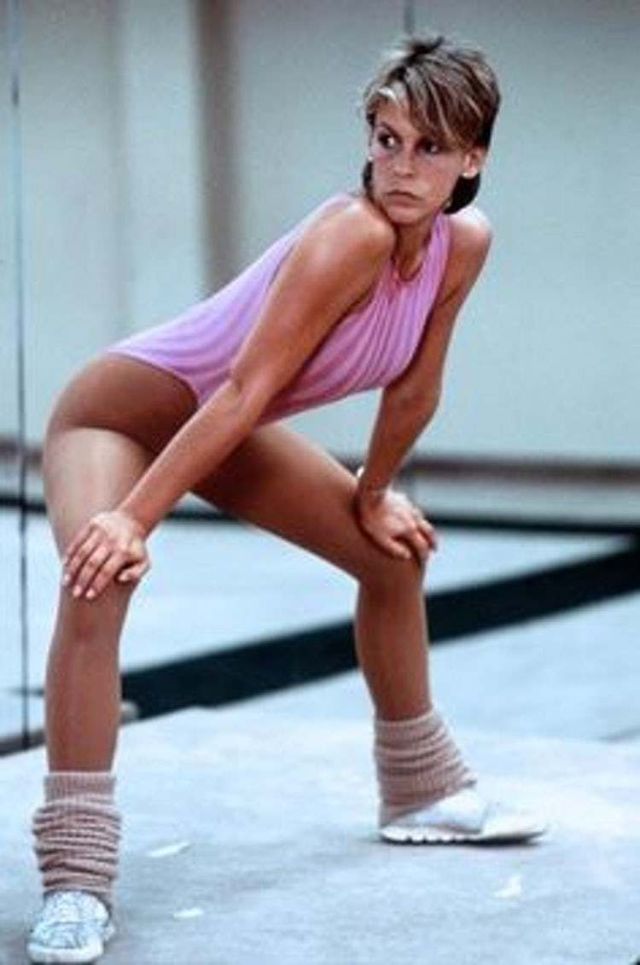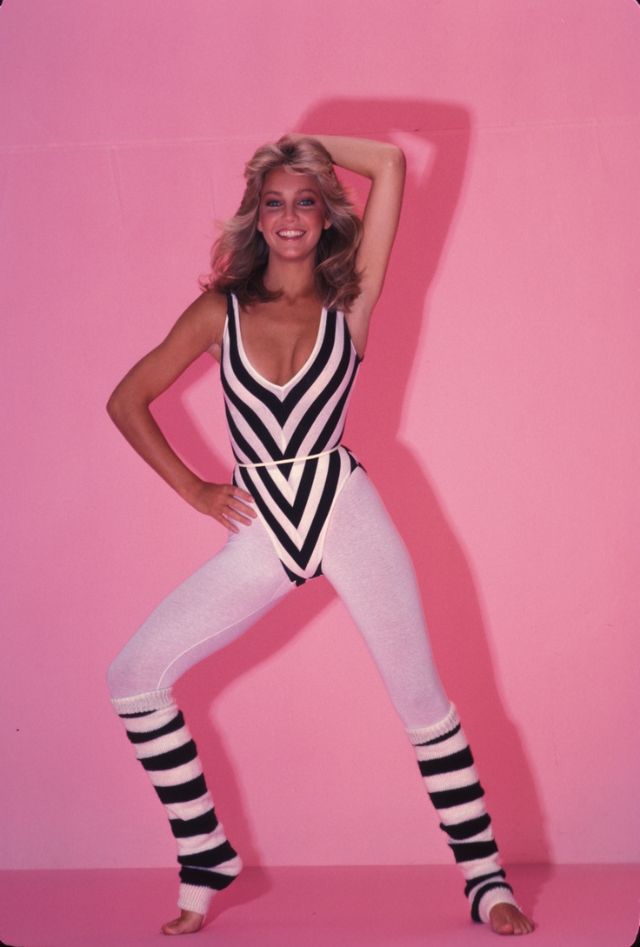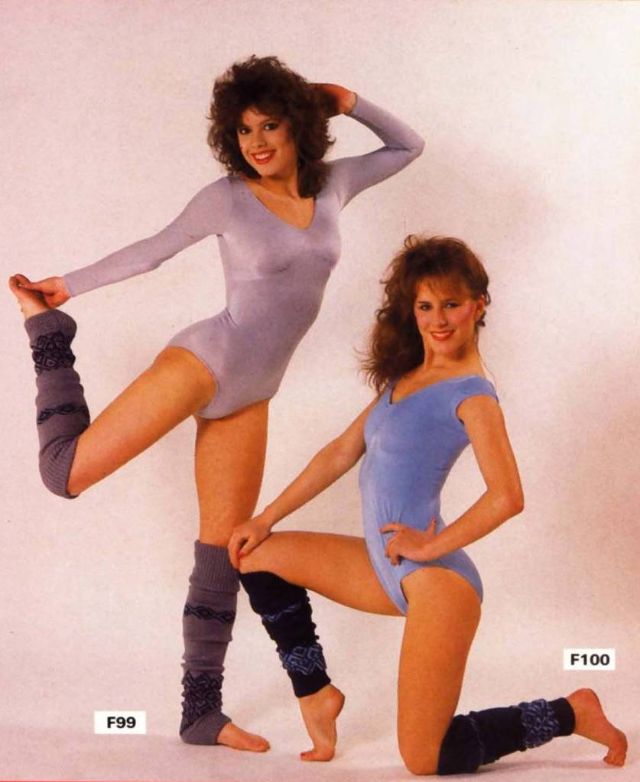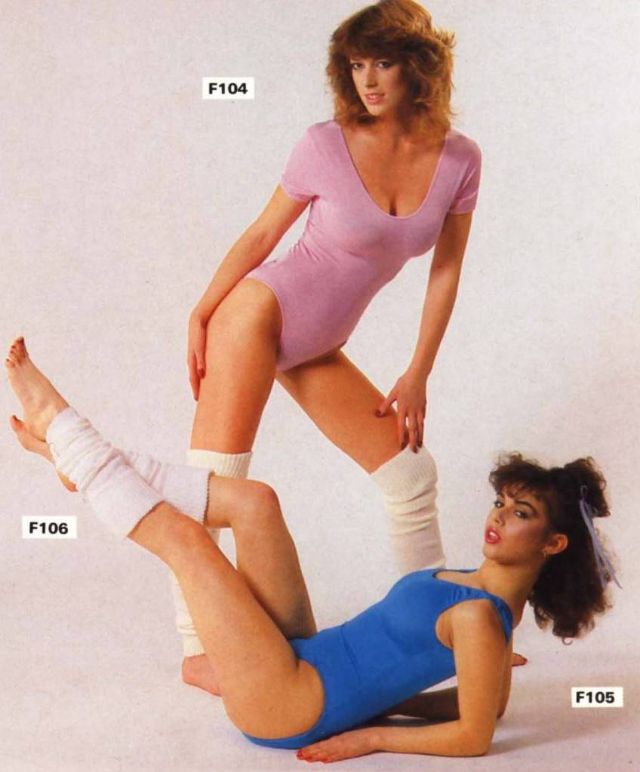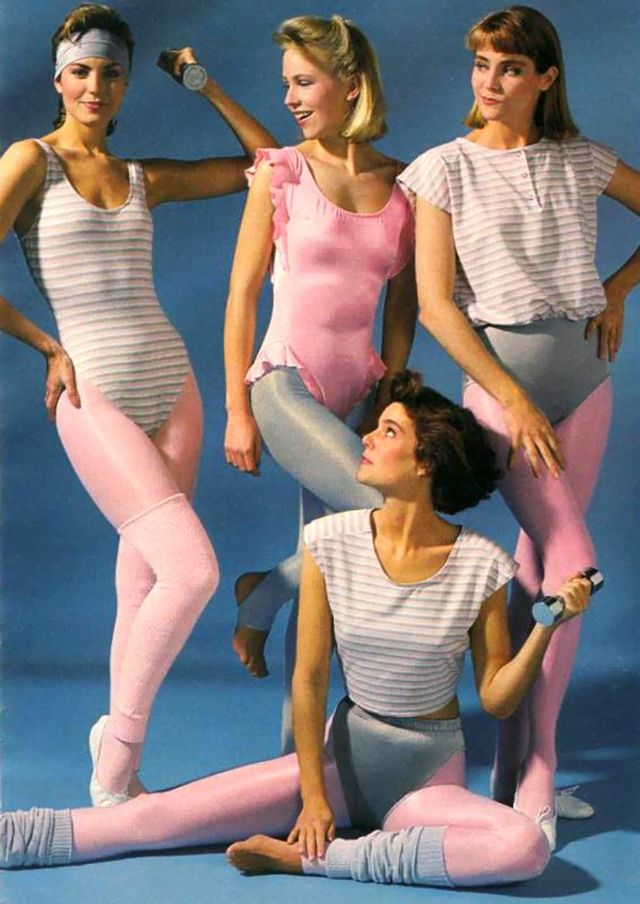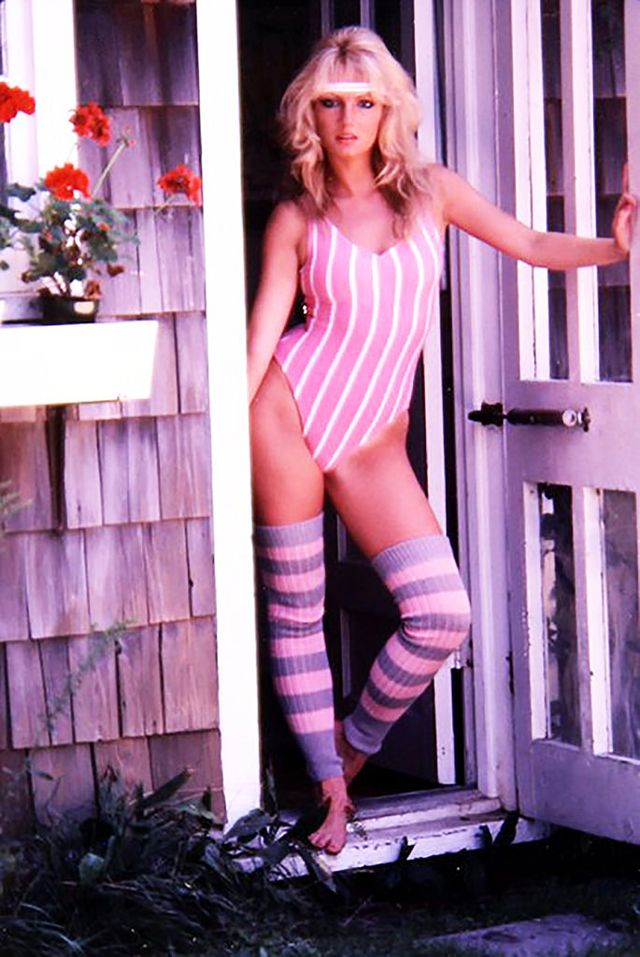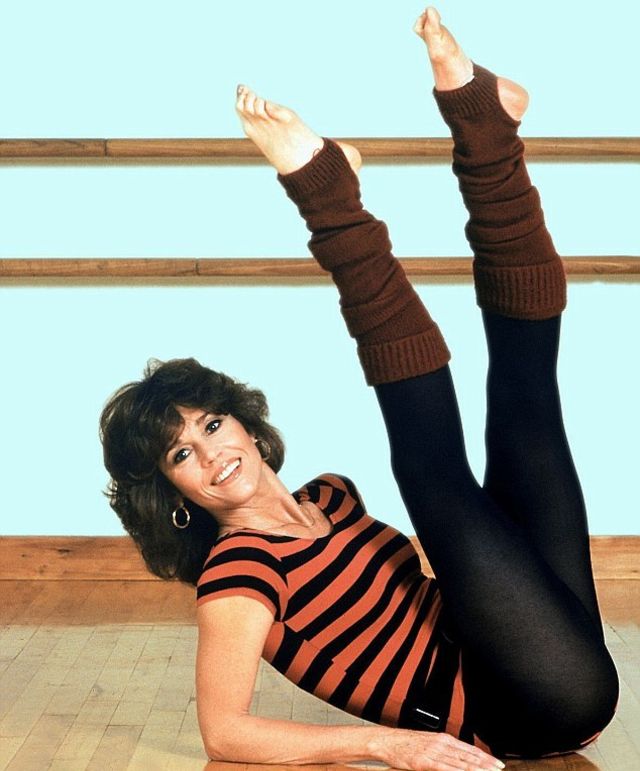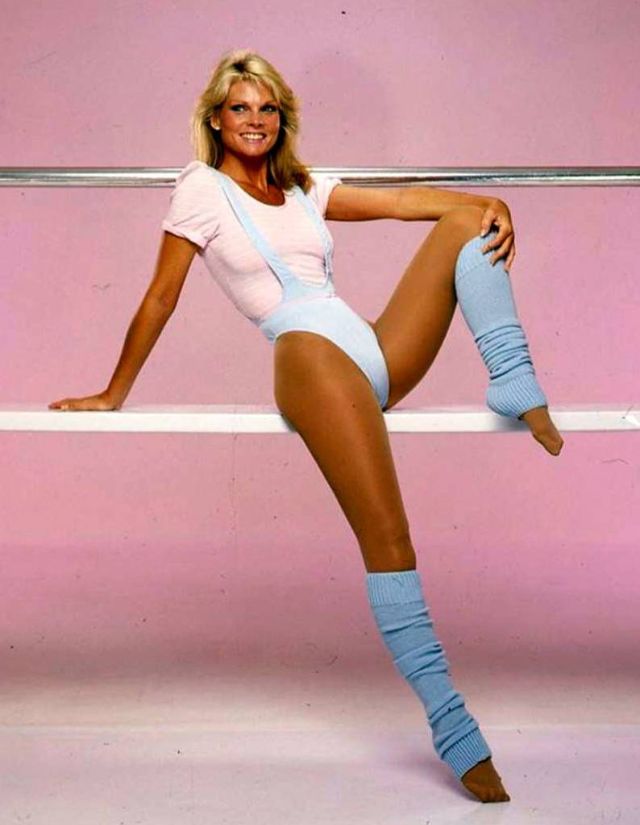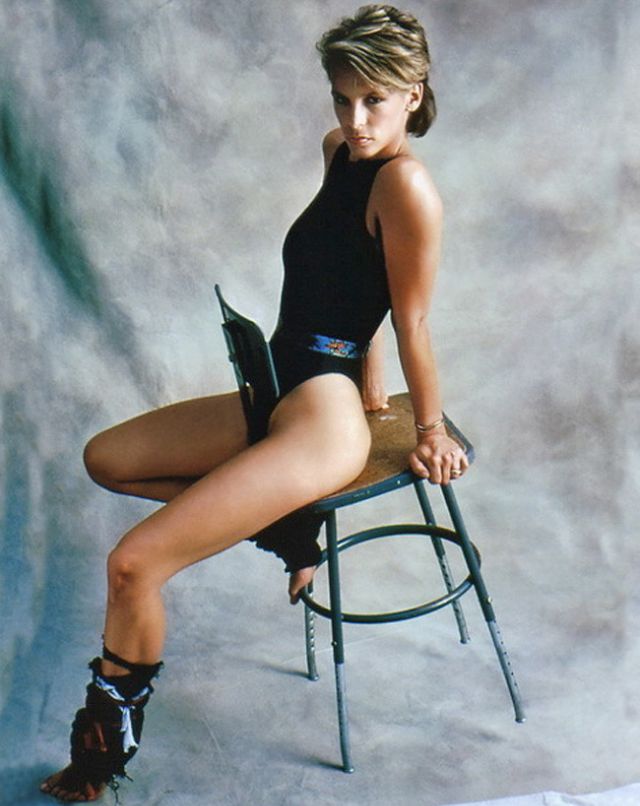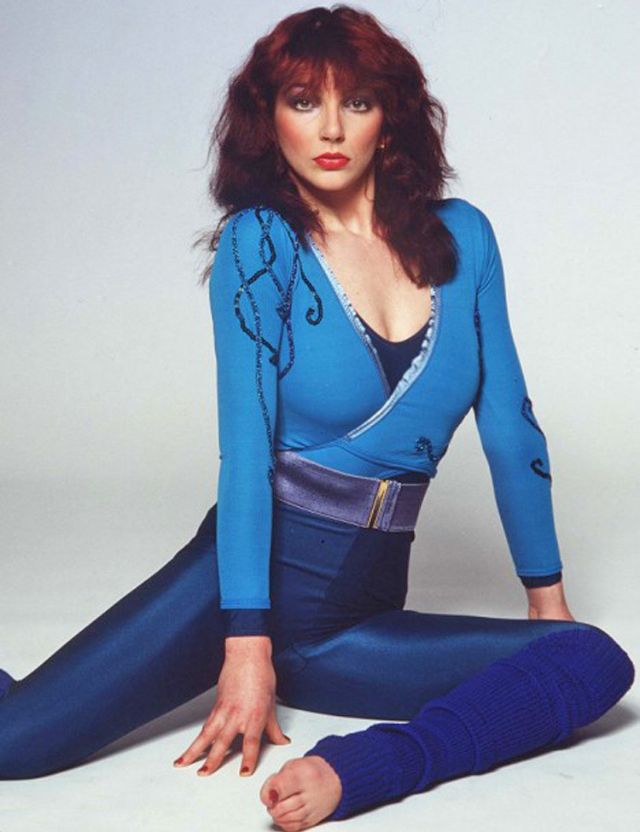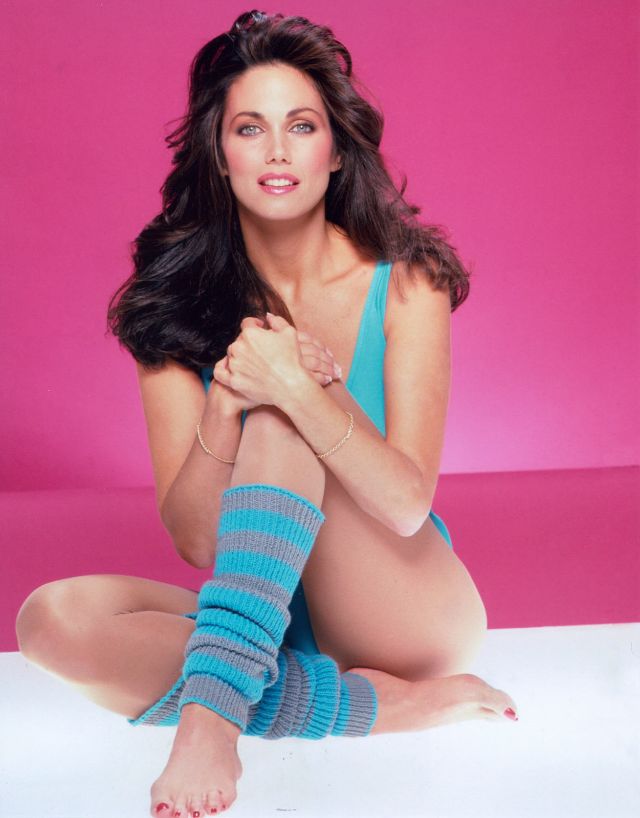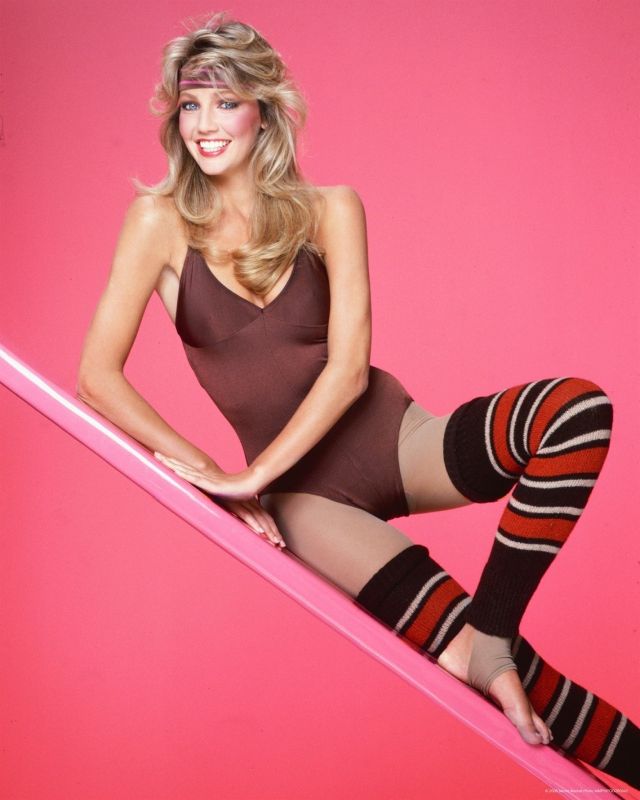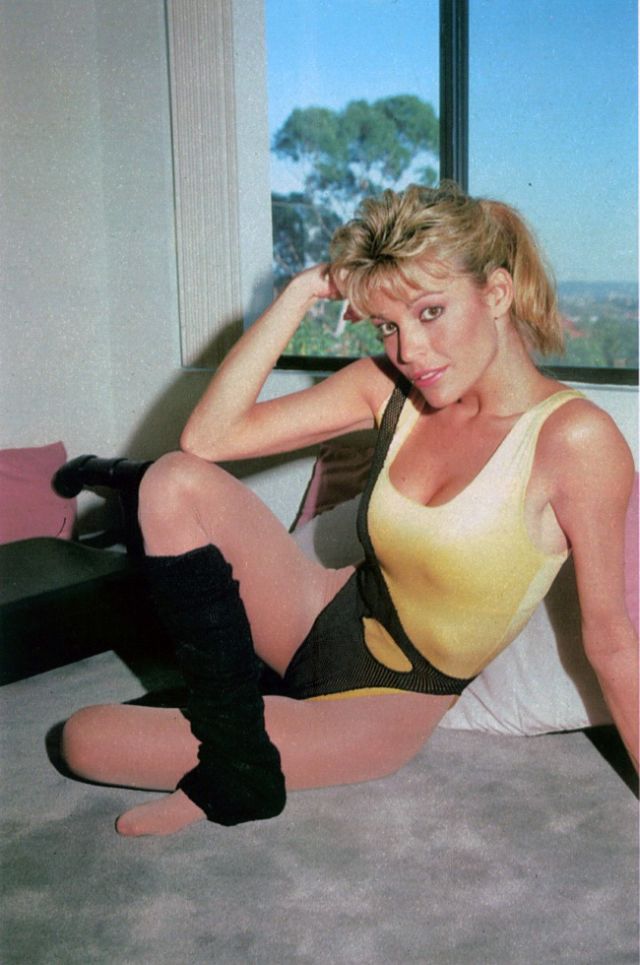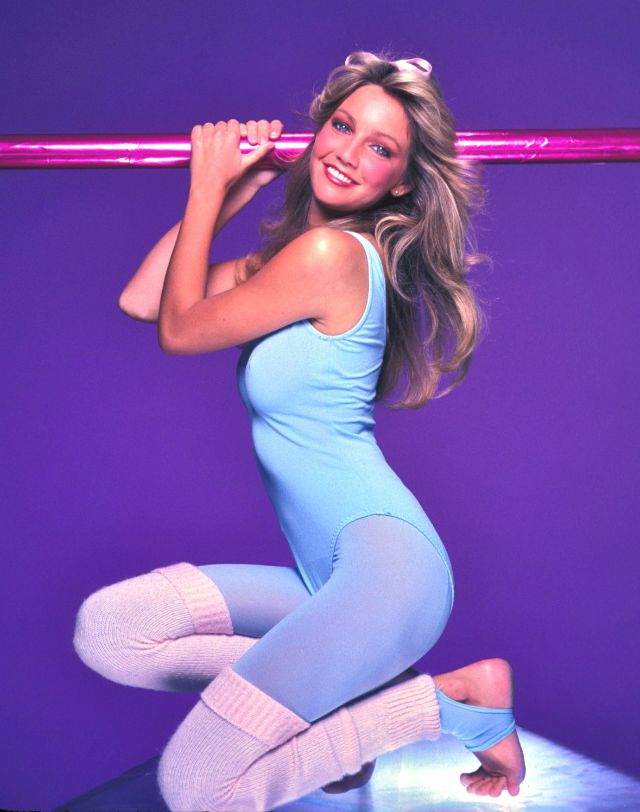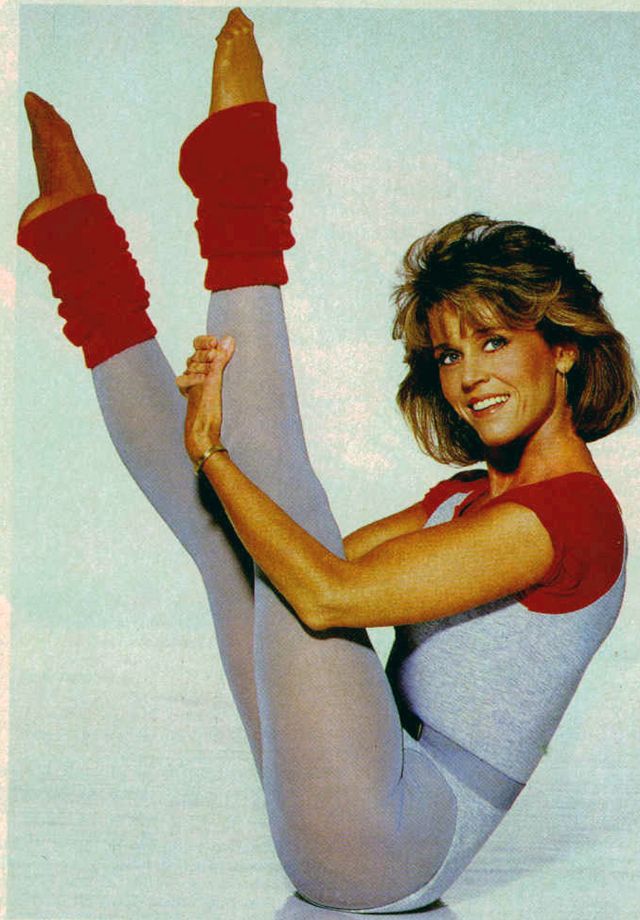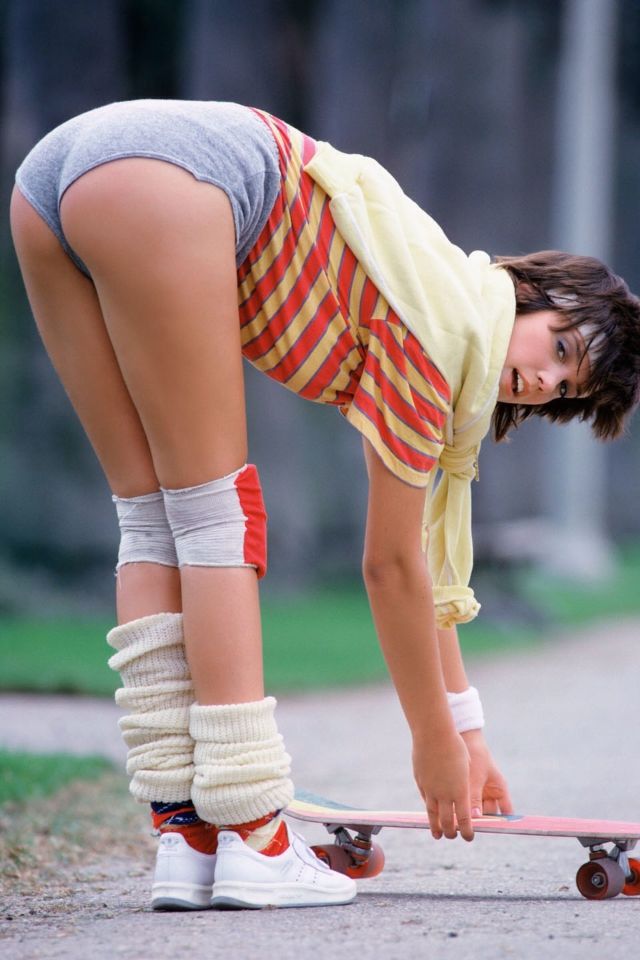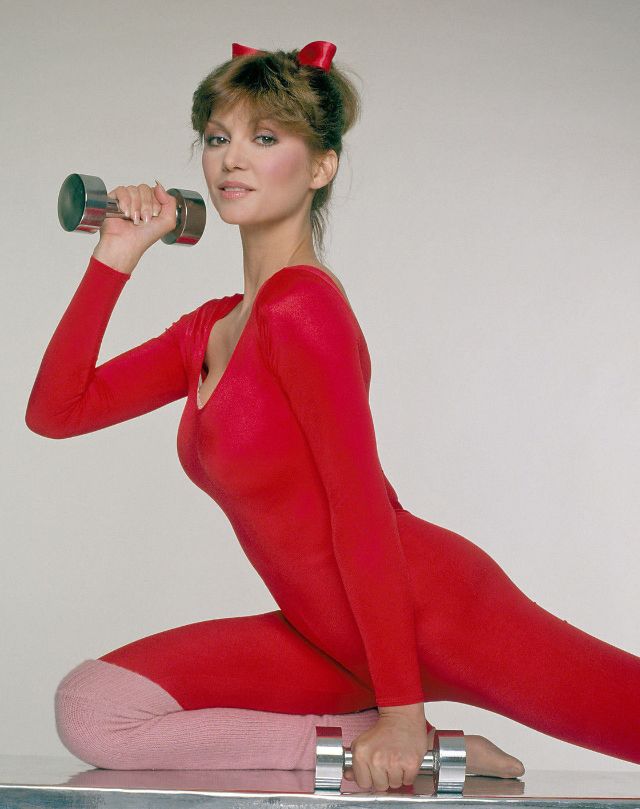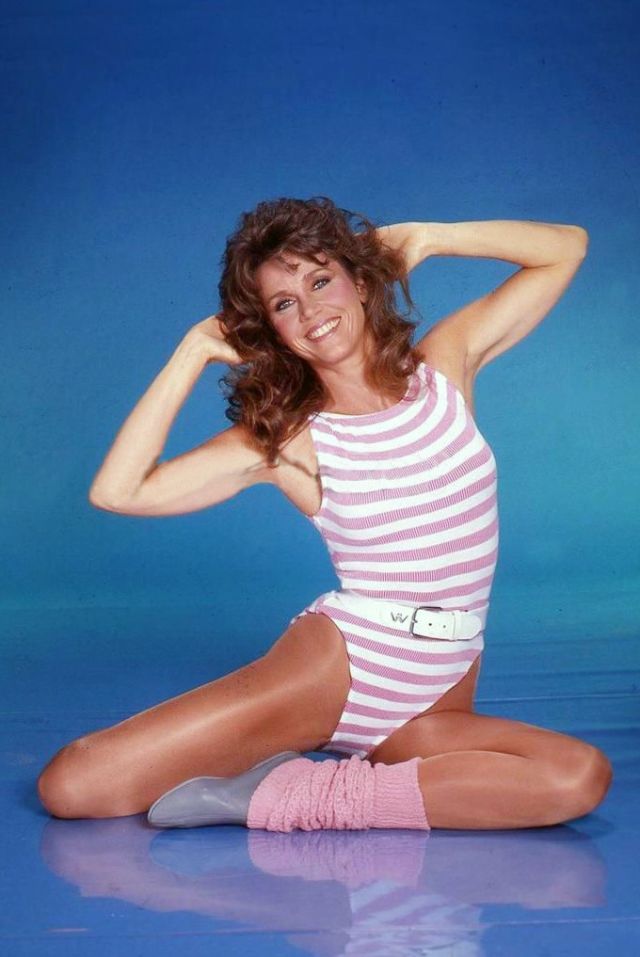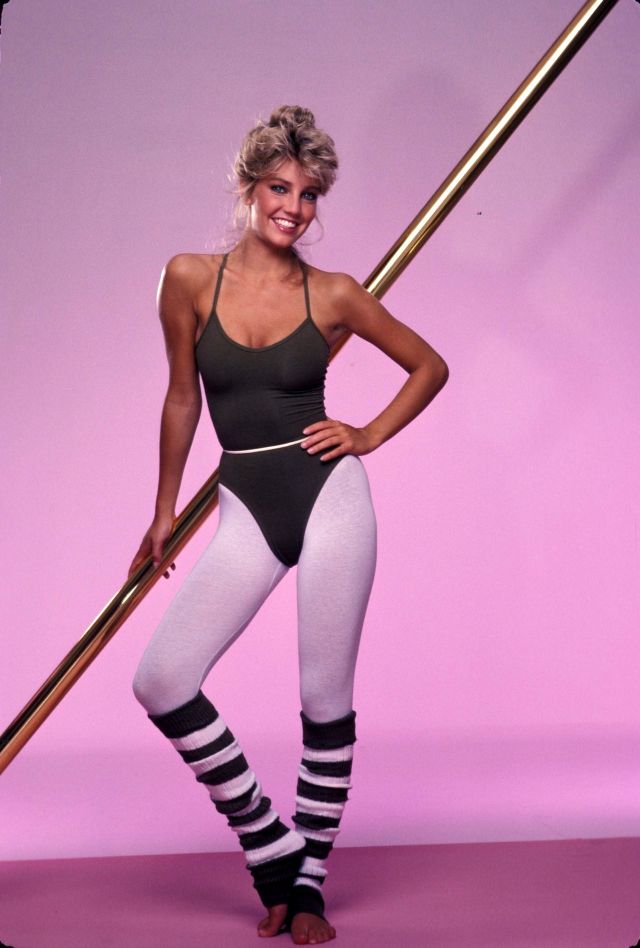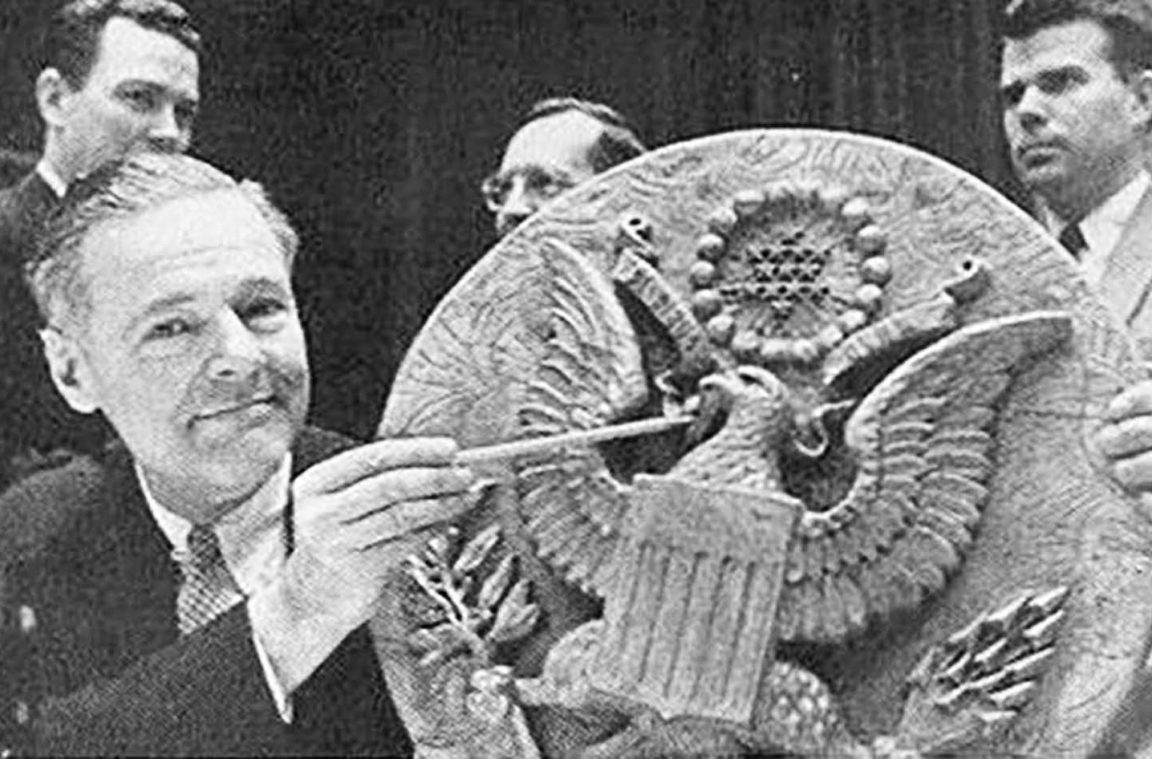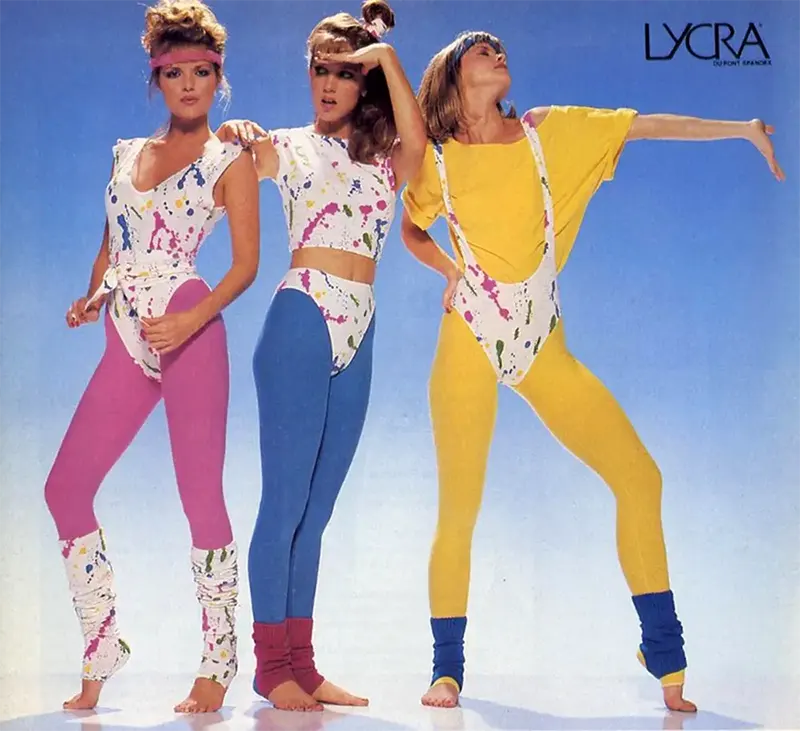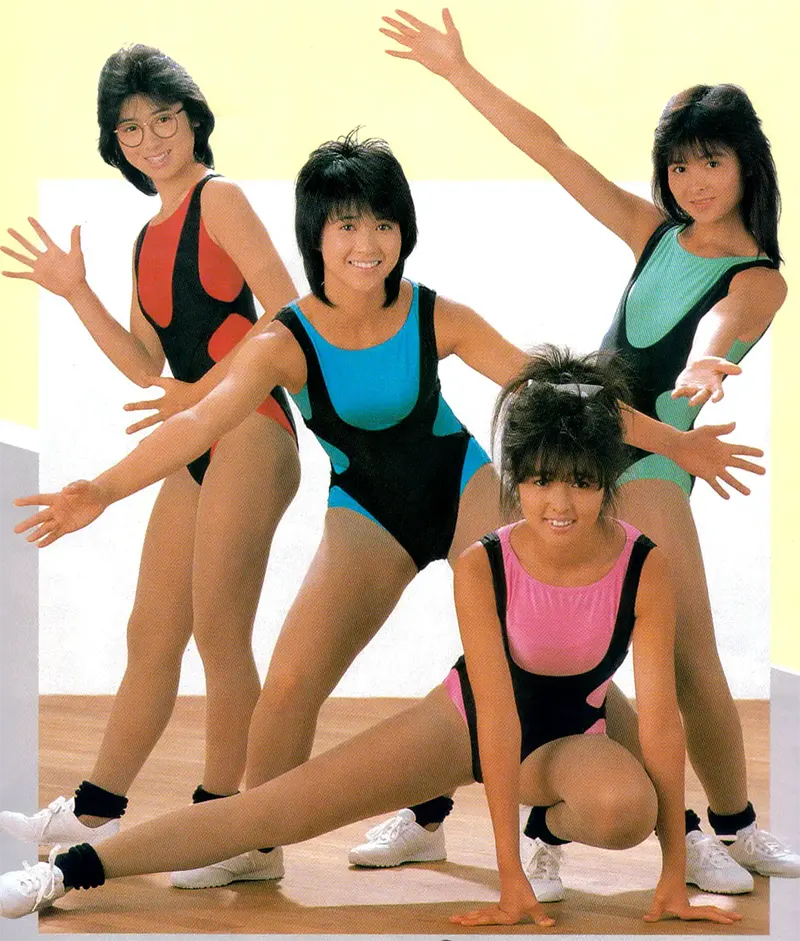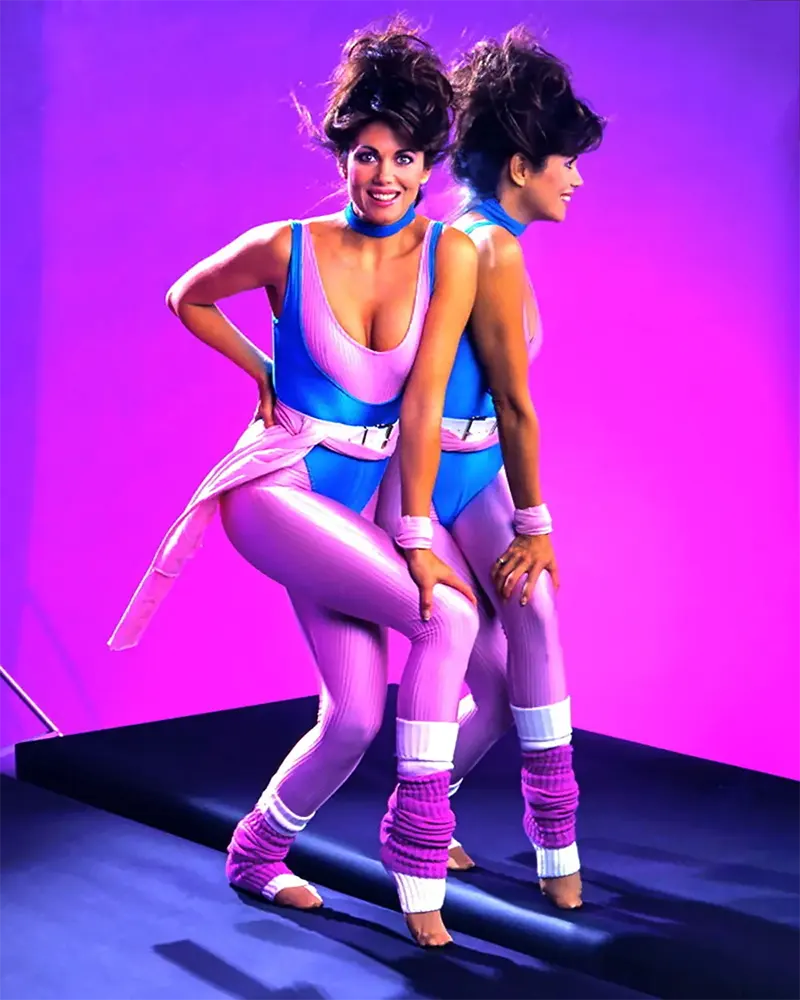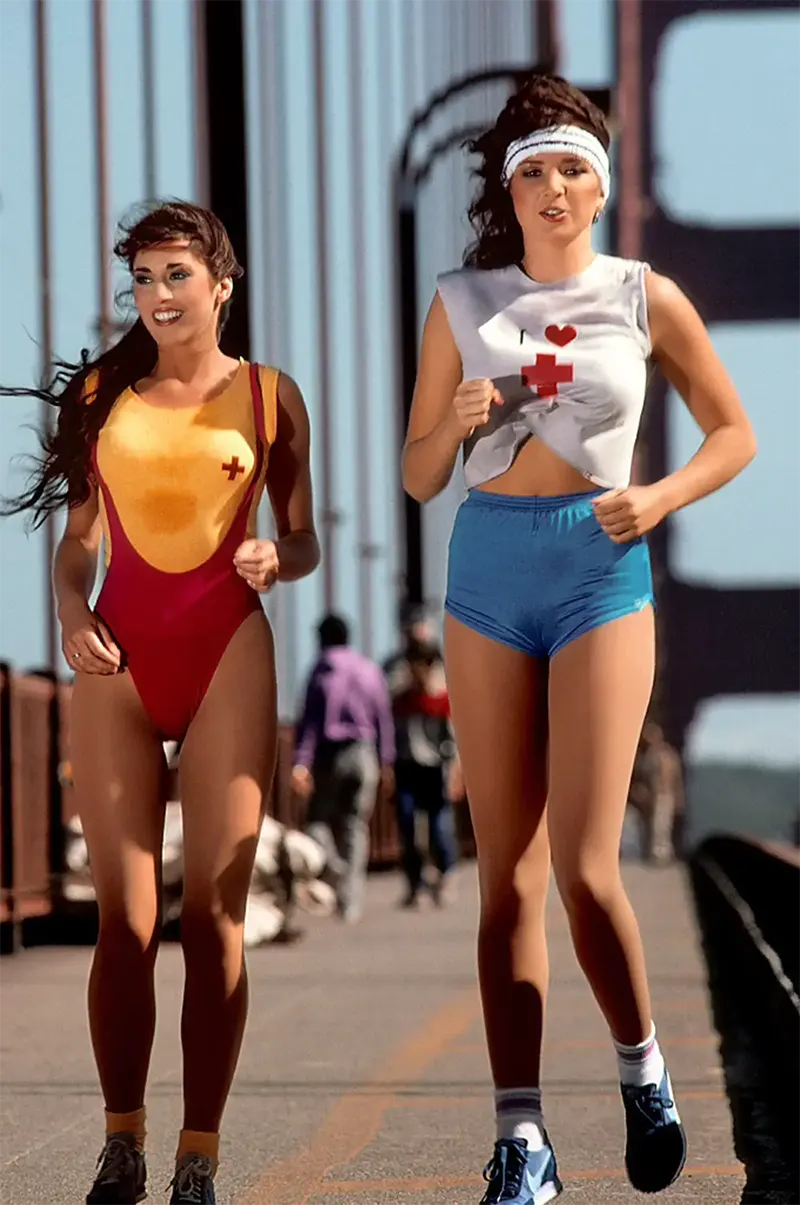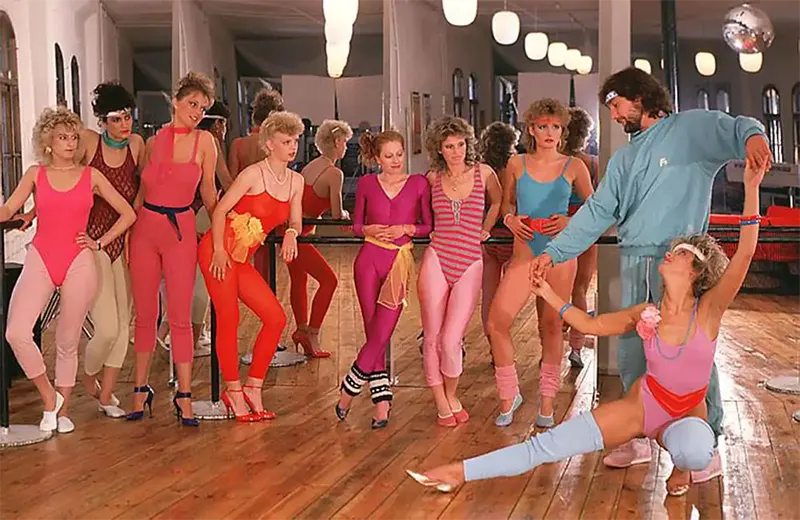These knitted tubes, originally designed for dancers to keep their legs warm during rehearsals and performances, underwent a spectacular metamorphosis, becoming a cultural fad that captivated the masses. Legwarmers were originally designed for practical use by dancers to keep their legs warm during rehearsals and performances. In the world of dance, it is essential for performers to maintain flexibility and prevent muscle stiffness, especially during warm-up exercises or between routines. Legwarmers proved to be a convenient solution for this purpose. Dancers often wore leg warmers over their tights or leotards, covering their ankles and lower legs. The knitted tubes provided insulation, ensuring the dancers’ muscles stayed warm and supple, reducing the risk of injury during intense physical activity. Additionally, legwarmers allowed dancers to easily remove them when their bodies heated up from dancing, ensuring they remained comfortable throughout their practice sessions and performances. Initially, legwarmers were purely functional and weren’t seen as a fashion statement outside of the dance community. However, this changed in the 1970s when the fitness craze took the world by storm. Dance-based exercise routines, such as jazzercise and aerobics, became immensely popular, and legwarmers became an integral part of the workout attire. The rise of these exercise programs and their enthusiastic followers helped legwarmers transition from a niche dance accessory to a mainstream fashion item. The turning point for leg warmers came with the release of the 1983 movie “Flashdance.” The film’s protagonist, played by Jennifer Beals, wore leg warmers in an iconic dance sequence, elevating them to a whole new level of popularity. This portrayal of athleticism and style resonated with audiences, and legwarmers swiftly became a symbol of the vibrant and expressive fashion of the 1980s. Women of all ages embraced legwarmers, making them a must-have accessory during the early 1980s. The fervor surrounding these colorful tubes was further fueled by the influence of pop culture icons like Madonna, who rocked legwarmers in her music videos and concerts. The designs of legwarmers ranged from the traditional knitted varieties, typically made from acrylic or wool, to more contemporary styles that included slouchy, casual options. Neon colors and bold geometric patterns adorned many legwarmers, reflecting the vibrant spirit of the 1980s. Some versions even boasted sparkling sequins or delicate lace accents, adding a touch of glamor and sophistication. Leg warmers can vary in length, and in width, due to the material’s stretchiness. They are commonly worn between the ankle to just below the knee, though many dancers prefer it to extend to cover the lower parts of the thigh. Some cover the entire foot—these “warmers” usually have a pad that grips the floor so the dancer does not slip. Some leg warmers are particularly short and made of thinner material; these are also known as “ankle warmers”. As the demand for legwarmers soared, the fashion industry took notice. High-end designers and fashion houses incorporated legwarmers into their collections, further cementing their status as an ’80s fashion staple. These once-utilitarian dance garments became a symbol of the decade’s exuberance and creativity. Although the popularity of legwarmers eventually waned, their legacy endured. Over the years, they made periodic comebacks, revisited by fashion designers seeking to evoke nostalgia or pay homage to the past.
(Photo credit: Pinterest / Wikimedia Commons / Flickr). Notify me of new posts by email.
Δ Subscribe

